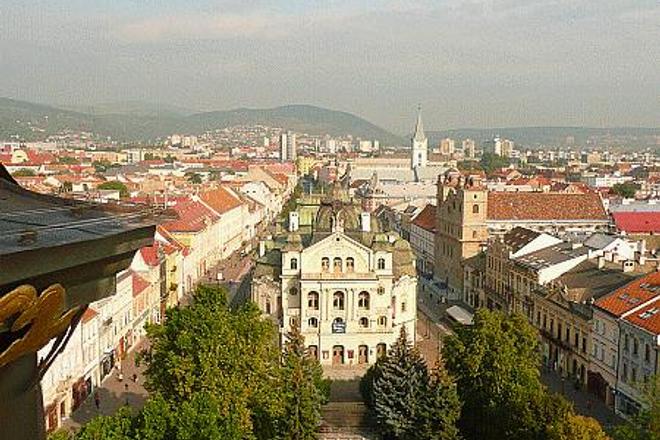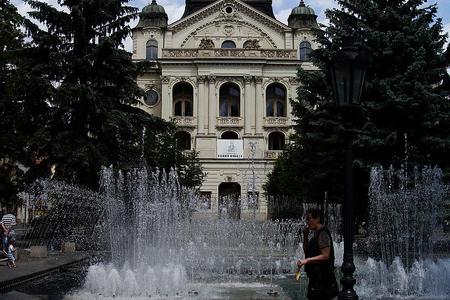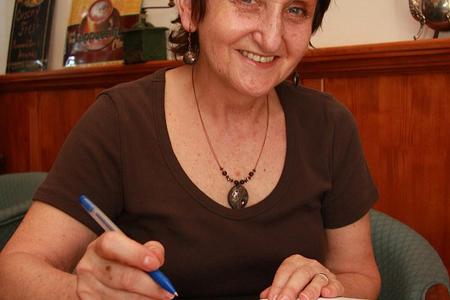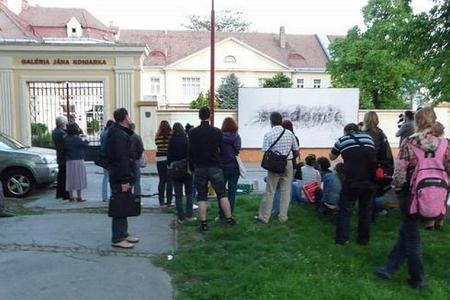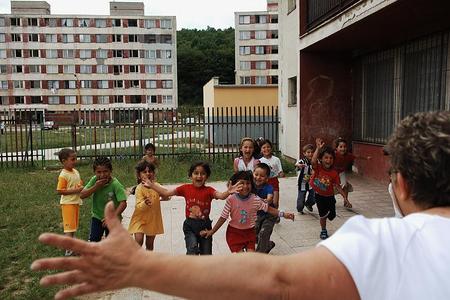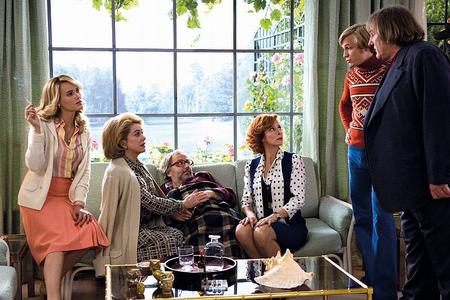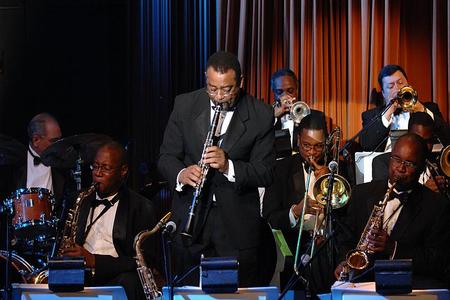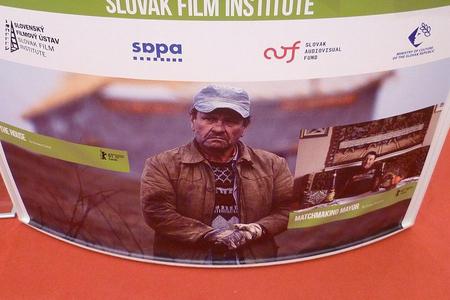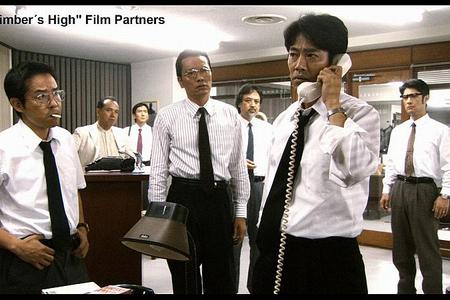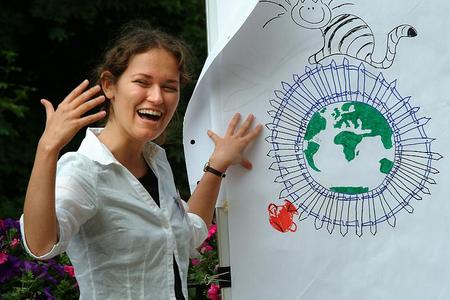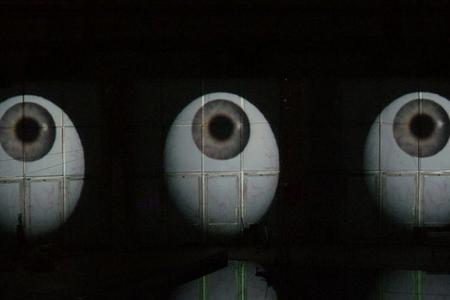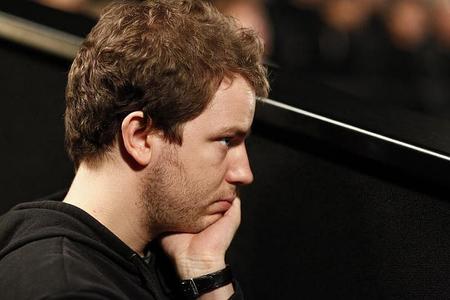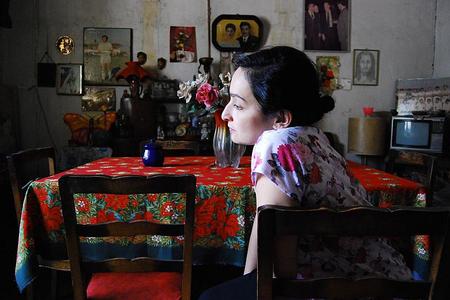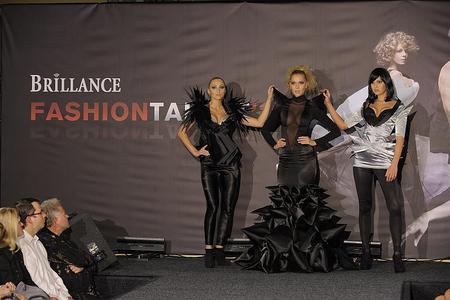- We are all Americans now
- Still no roof over their heads: Petržalka tram stops left half-built
- Slovakia faces €1 billion tax shortfall as growth slows
- Slovakia exempts sole traders from transaction tax – but companies still liable
- News digest: Pellegrini defends energy stance to Trump, backs stance on migration Photo
- Defence minister pushes anti-drone purchases despite expert doubts
- Slovak roots: on keeping the heritage in the family
- What’s new in science in Slovakia: Vaccine analysis published, scientists gain recognition
- What’s new in science in Slovakia: Vaccine analysis published, scientists gain recognition
- News digest: Pellegrini defends energy stance to Trump, backs stance on migration Photo
- Concerns over Slovak cooperation with Chinese cyberspace authority
- Fico’s unannounced university speech sparks debate on politics in academia
- Last Week: High-speed austerity, a constitutional shocker and yet another plagiarist
- A photographer who sees beauty in the absurd Photo
- News digest: Constitutional amendment to define gender passes in shock vote
- 3 free things to do in Bratislava for the next seven days
- Last Week: High-speed austerity, a constitutional shocker and yet another plagiarist
- How to “win the lottery” with the Slovak police as a foreigner
- A personal note in the form of a painting travels from Slovakia to NATO HQ
- Going through the process of getting Slovak citizenship helped me learn, says Slovak American
- A photographer who sees beauty in the absurd Photo
- I understand, really
- What’s new in science in Slovakia: Vaccine analysis published, scientists gain recognition
- News digest: Pellegrini defends energy stance to Trump, backs stance on migration Photo
- Going through the process of getting Slovak citizenship helped me learn, says Slovak American
- How to “win the lottery” with the Slovak police as a foreigner
- Last Week: High-speed austerity, a constitutional shocker and yet another plagiarist
- ‘They carried Slovakia in their hearts’: US donor funds statue to emigrants in northern Slovakia Photo
- 3 free things to do in Bratislava for the next seven days
- Traveller’s confession: I never realised how good Slovakia is
- How I met my motherland
- I understand, really
- Still no roof over their heads: Petržalka tram stops left half-built
- We are all Americans now
- Slovakia faces €1 billion tax shortfall as growth slows
- Slovak roots: on keeping the heritage in the family
- Defence minister pushes anti-drone purchases despite expert doubts
- Slovakia exempts sole traders from transaction tax – but companies still liable
- News digest: Pellegrini defends energy stance to Trump, backs stance on migration Photo
- Concerns over Slovak cooperation with Chinese cyberspace authority More articles ›

